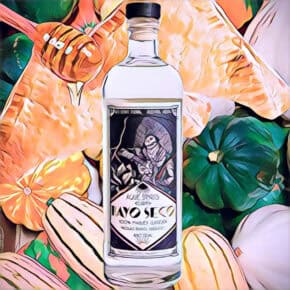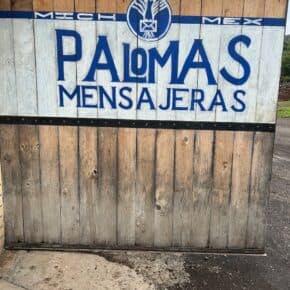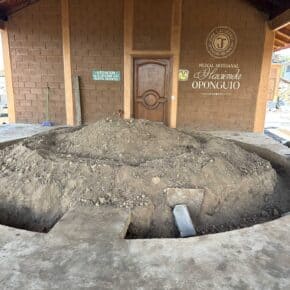Friends, countrymen, mezcal lovers – This is it. This is the last week for public comment on NOM 199 so make sure to sound off before it’s too late. If you haven’t already please sign the Tequila Interchange Project’s (TIP) petition against NOM 199 here. You can also read all our coverage of NOM 199 here.
We here at Mezcalistas think NOM 199 is terrible. It will hurt the small people in the mezcal world while also undermining Mexico’s cultural heritage. And for what? As best we can tell this hands more power to larger corporate interests.
But what is the bottom line impact on the mezcal industry? That’s a question that has been swirling around my head and I’ve been bandying about trying to get some hard statistical information, that as it turns out, is not available. This is what makes this proposed NOM so frustrating – the fact that no serious study has been done to determine what the economic impact will be. For example,
- How many people in the whole country of Mexico are actually involved in mezcal, raicilla, bacanora, sotol, tequila and pulque – farmers, workers, producers?
- What percentage of household income do the above mentioned spirits contribute?
- What is the average income of an agave spirits producer?
- What is the total number of producers who have applied to be certified?
Obviously compiling this information is laborious, but given what’s at stake, this is critical information.
The reality is that if NOM 199 is adopted, it probably won’t actually change the culture of how mezcal and the other spirits have been sold for centuries. The tiny producers will still produce and will continue to sell into their local market for special occasions. Exactly because they produce so little they won’t be able to entice an investor to buy their product and pay for certification. Without access to capital and with all the restrictions involved in certification small producers will be locked out of the legal market.
Large producers will fare well – they are established already, have a market, contracts, brands, and will not be impacted. They can attract investors or sell to brands as the whole industry moves to produce in volume. Most likely they’ll follow in the steps of the tequila industry and become contractors to brands. In a few instances, they may be able to take an ownership stake, or form a cooperative that could help break down the various barriers to entry.
The unintended, who knows perhaps they’re actually intentional, consequences of NOM 199 will be eliminating the development of smaller producers which have electrified the global market. That means that all the younger producers coming back to Mexico to build something of their own will be forced out. All that entrepreneurial energy will be wasted.
Finally, NOM 199 impacts you, the consumer. You will have to travel to buy truly small production agave spirits. It’s a fun idea, but fewer people will do it, and it will support a smaller number of distillers.
While the numbers are out there, we do have at least an inkling of the impact. Here’s one precedent, and remember this is from well before the demand for mezcal was as great as it is today. In “Mezcal in the Global Spirits Market” Alvin Gary Starkman describes the impact of COMERCAM’s creation on distillers in Santiago Matatlán:
“Subsequent to the formation of COMERCAM early in this century, the number of palenqueros in and around the town dropped by about two thirds, in large part because of the regulatory body’s strict rules, extensive paperwork and cost of membership, all required to produce mezcal for export which meets its prerequisites.”
That’s a 66% decline in palenqueros in one of the centers of mezcal production. Imagine all that creativity, economic activity, cultural history, not to mention tasty mezcal gone at the stroke of a pen. We’re facing the same sort of threat from NOM 199 so make sure to tell the powers that be what you think. Please sign the Tequila Interchange Project’s (TIP) petition against NOM 199 here!












No to Komil!
No yo Komil!!!